Higher Education in the USA 4th Grade When

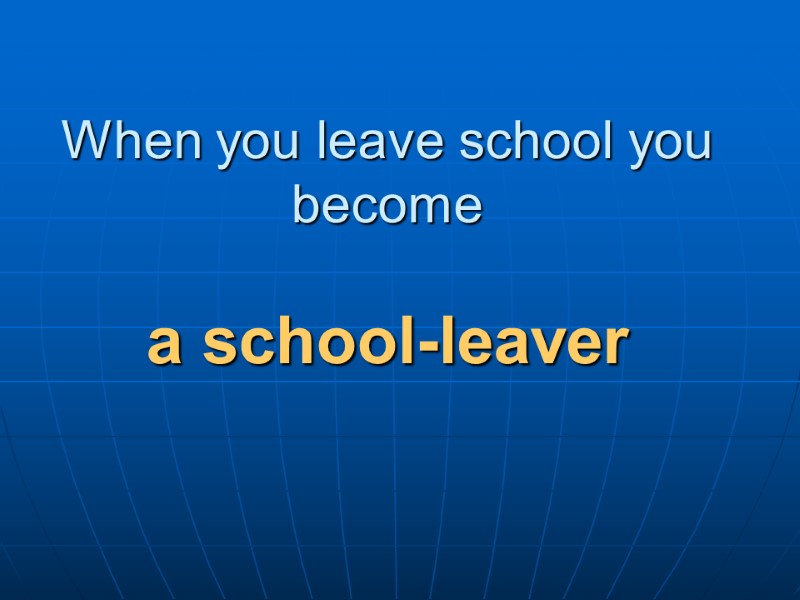
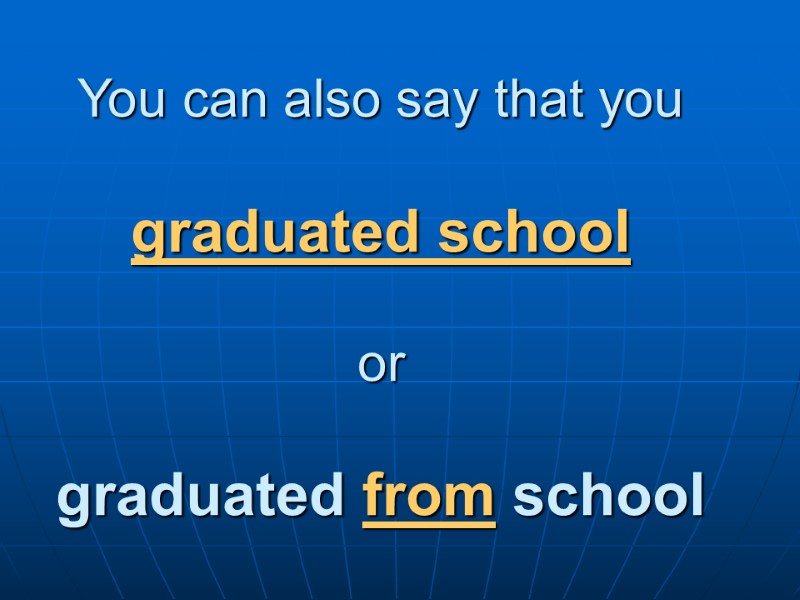
![[ei] When you 'graduate school you become [ei] When you 'graduate school you become](https://present5.com/presentacii-2/20171208\11536-higher_education_in_the_usa.ppt\11536-higher_education_in_the_usa_4.jpg)

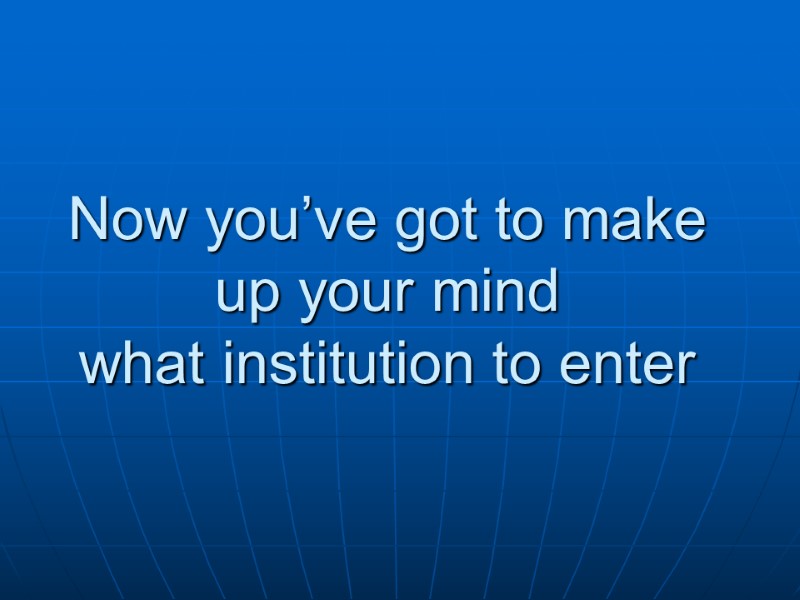

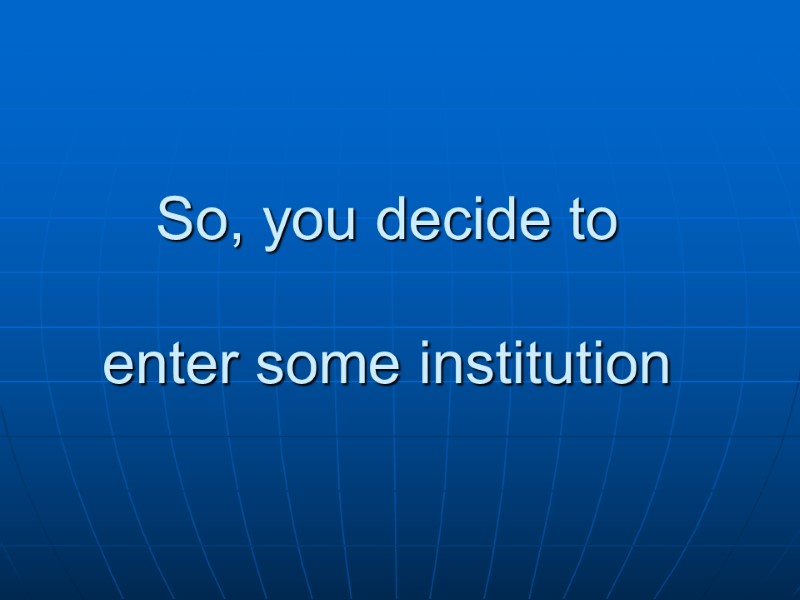
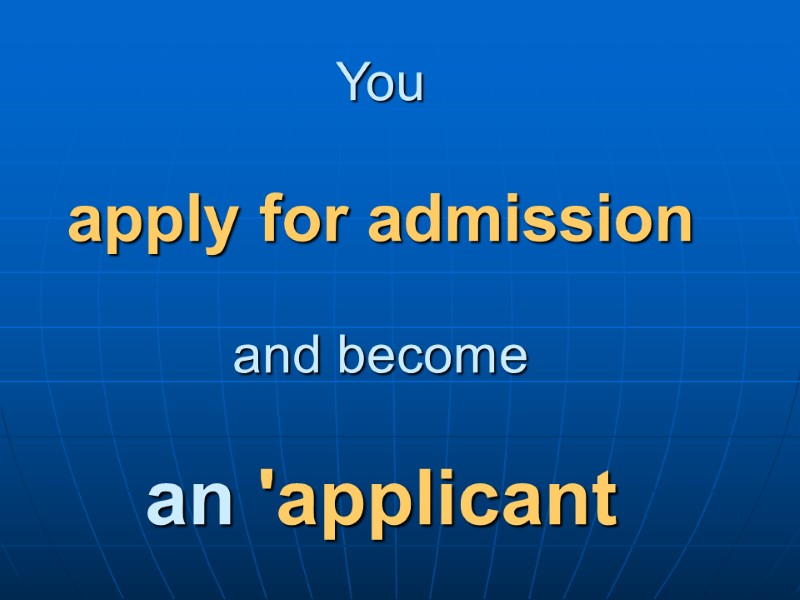

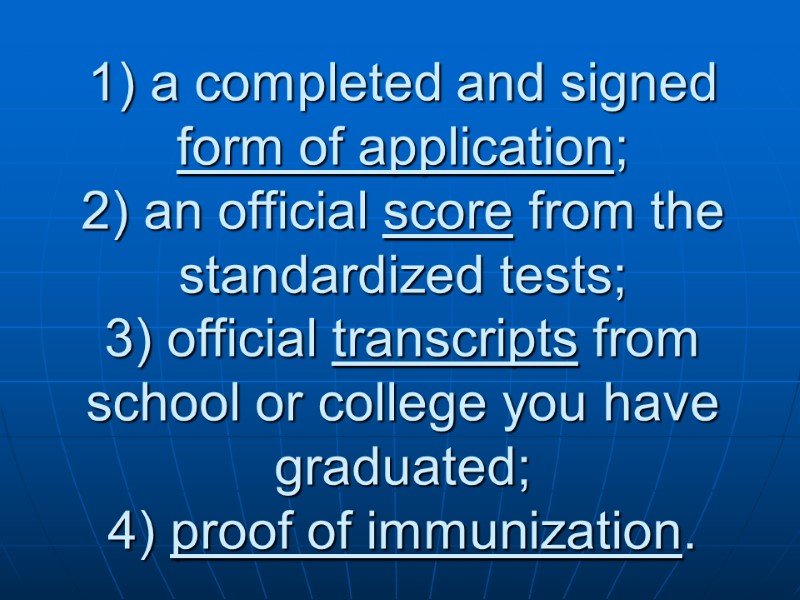
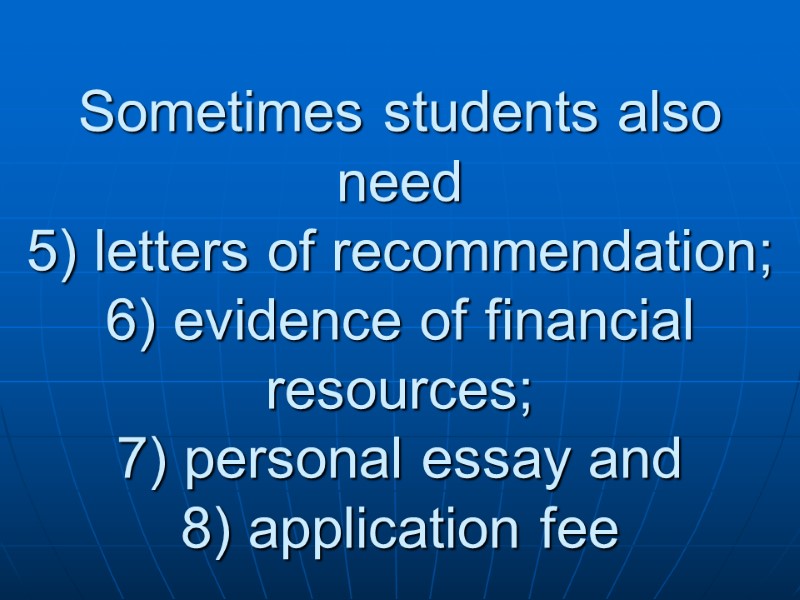
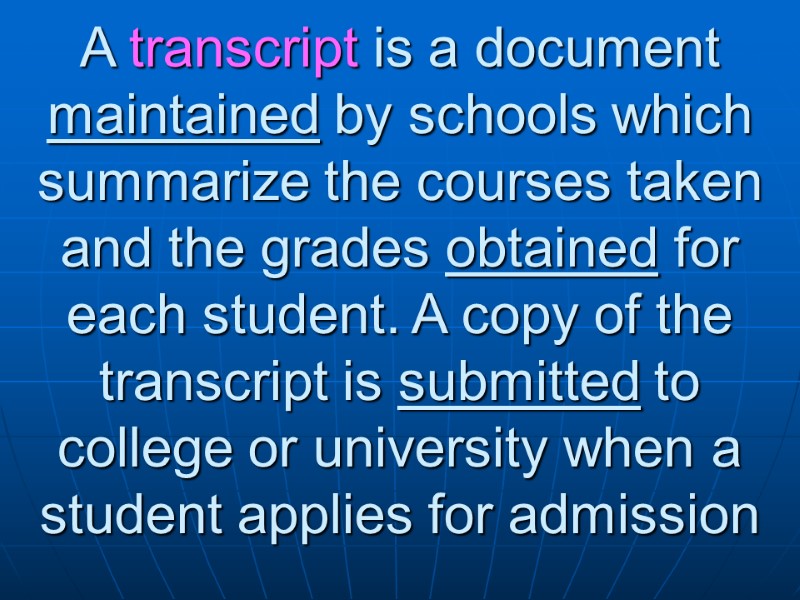
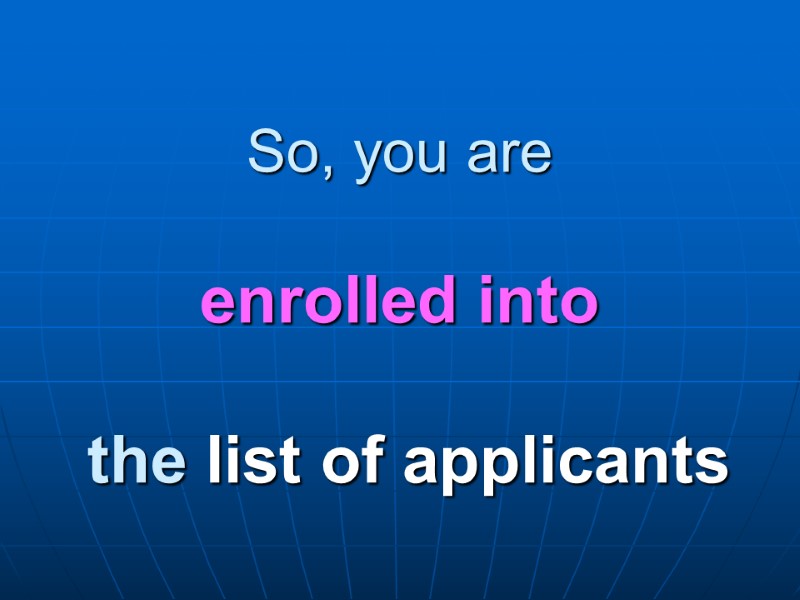
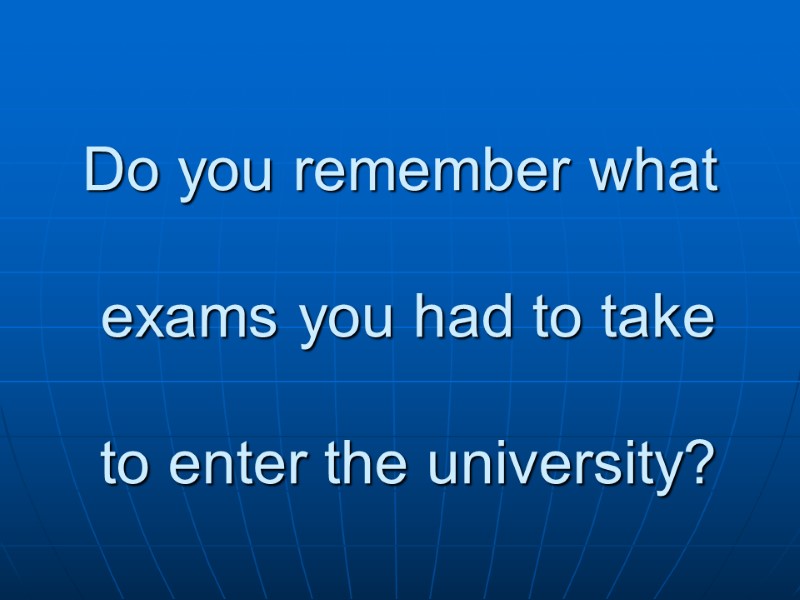
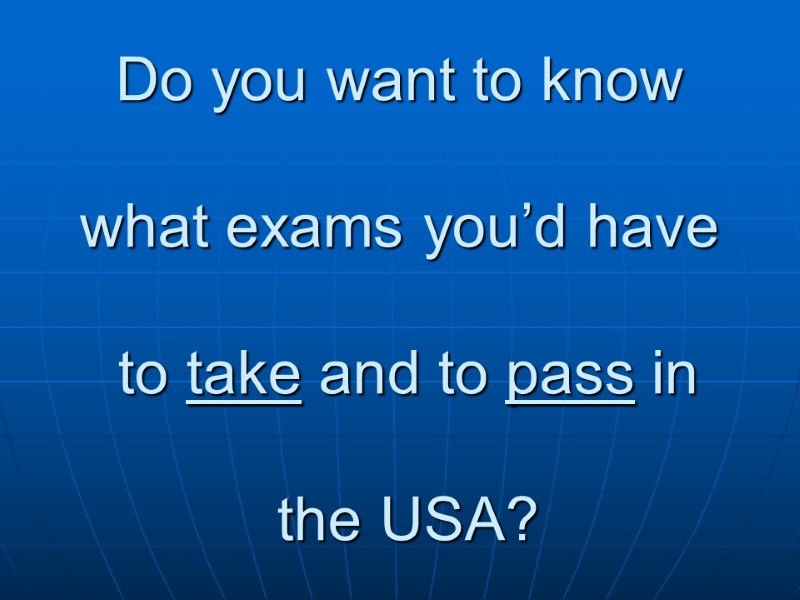


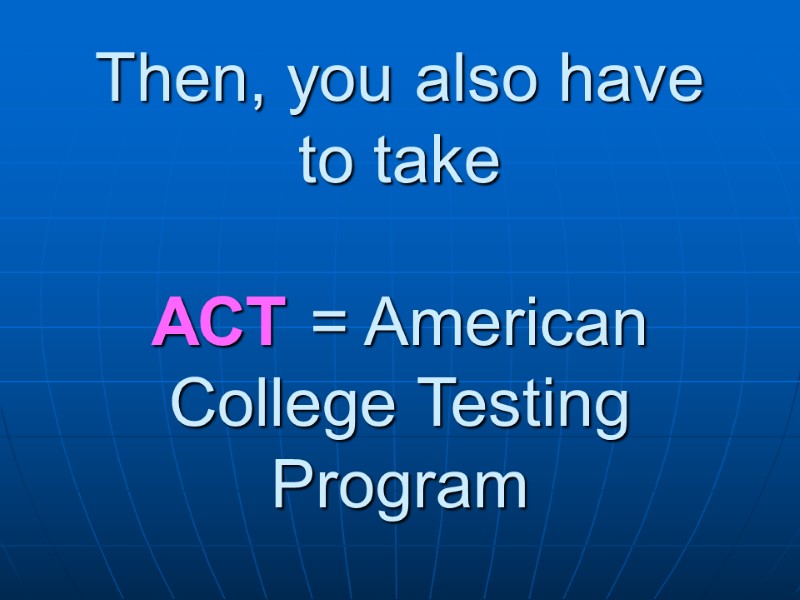
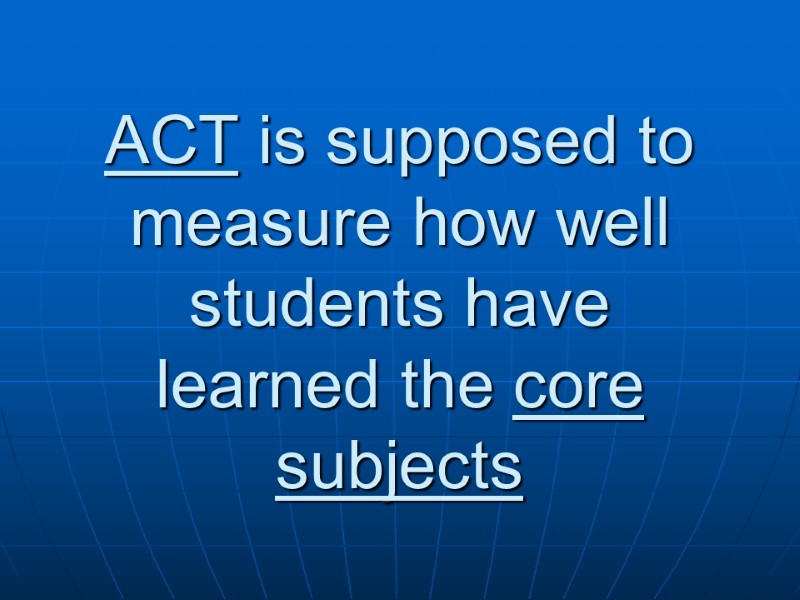

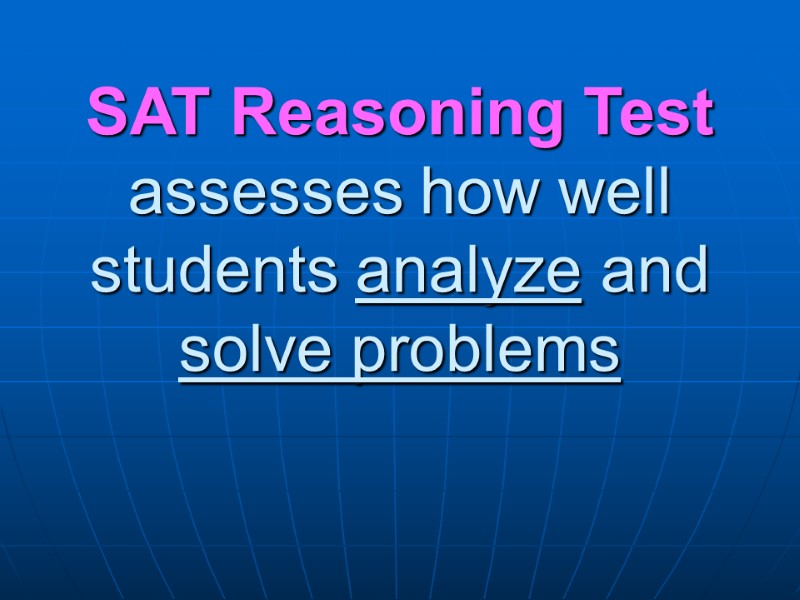

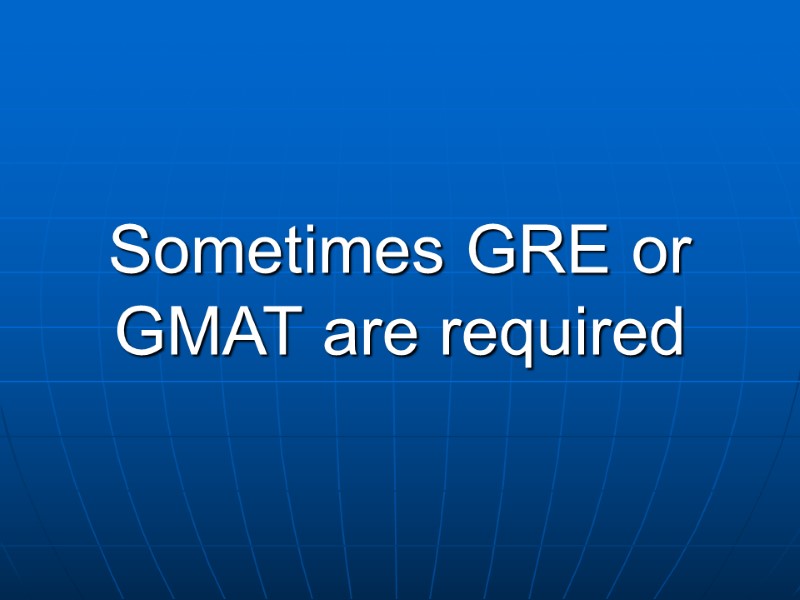
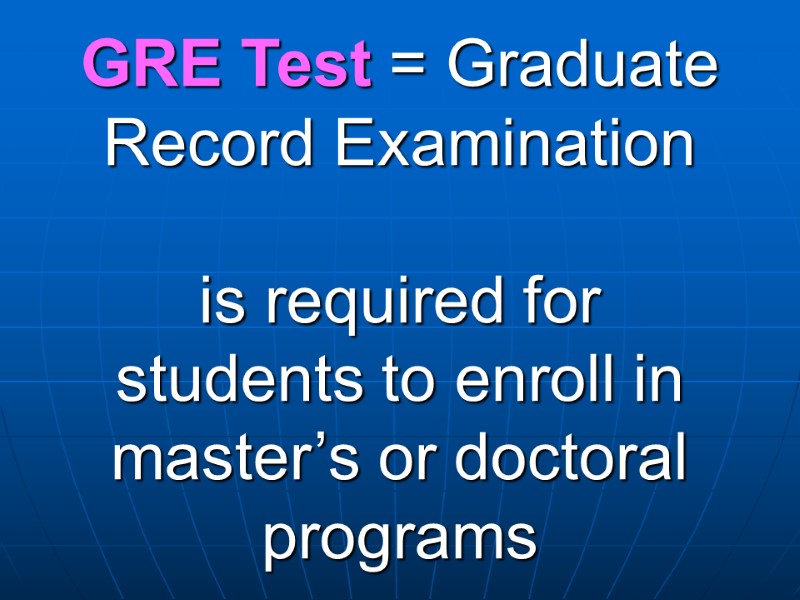
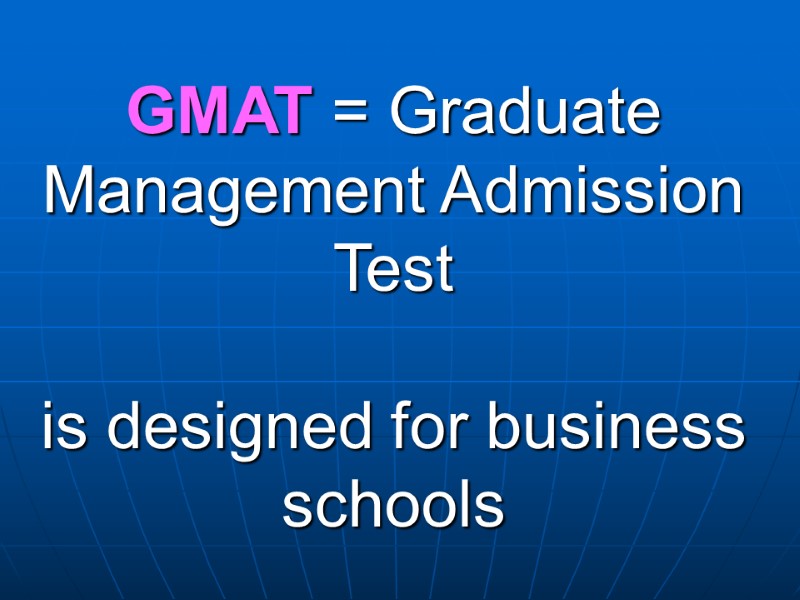
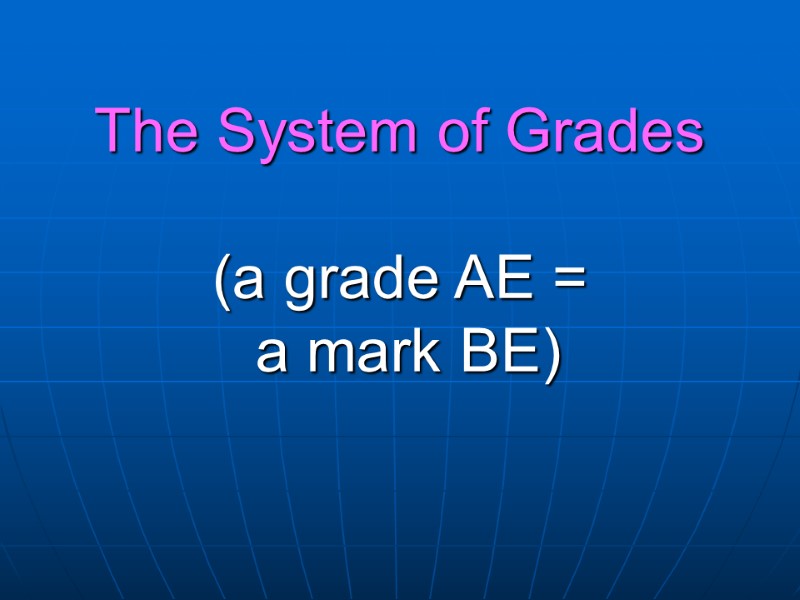
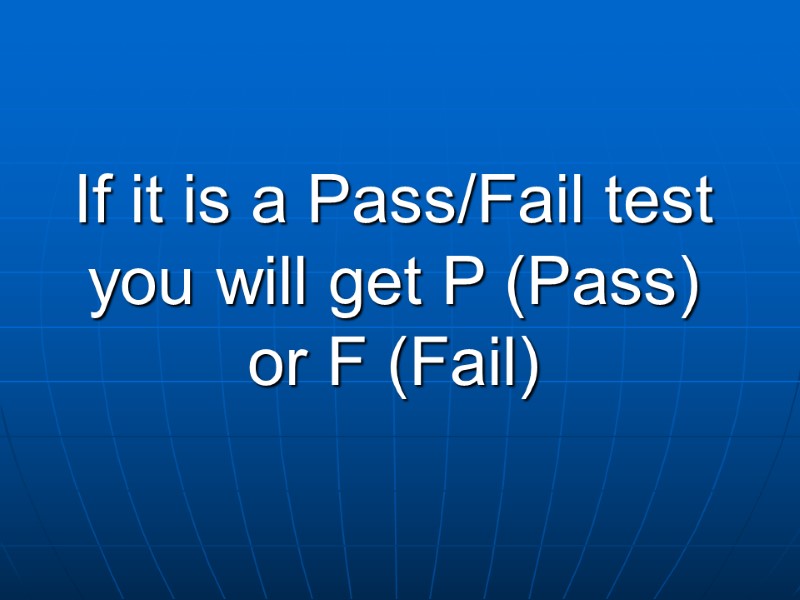
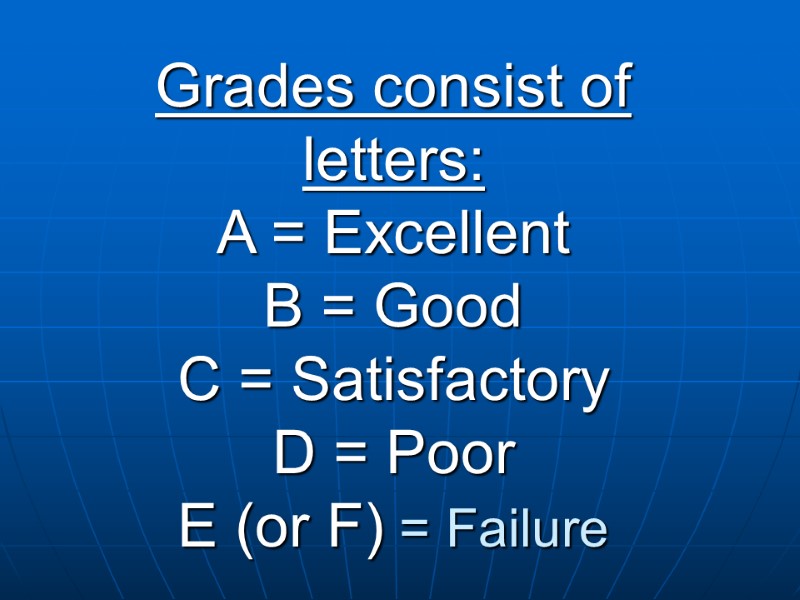
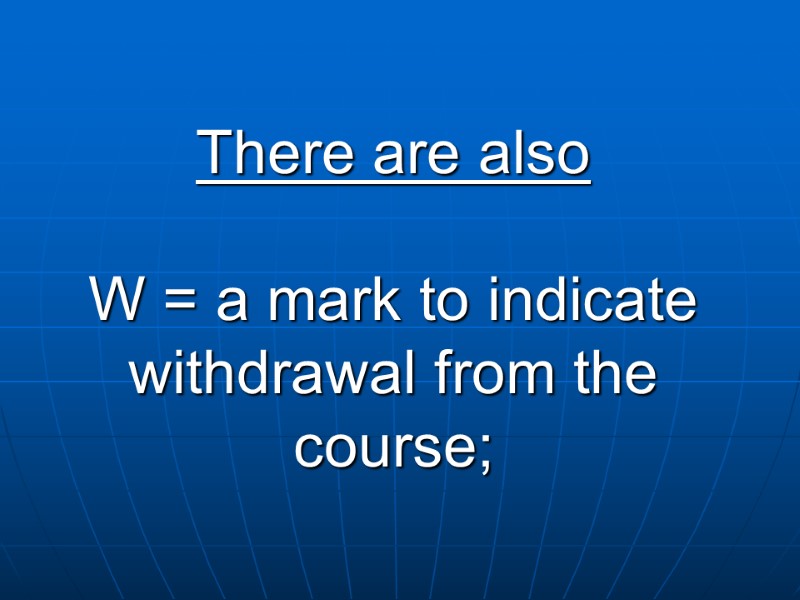
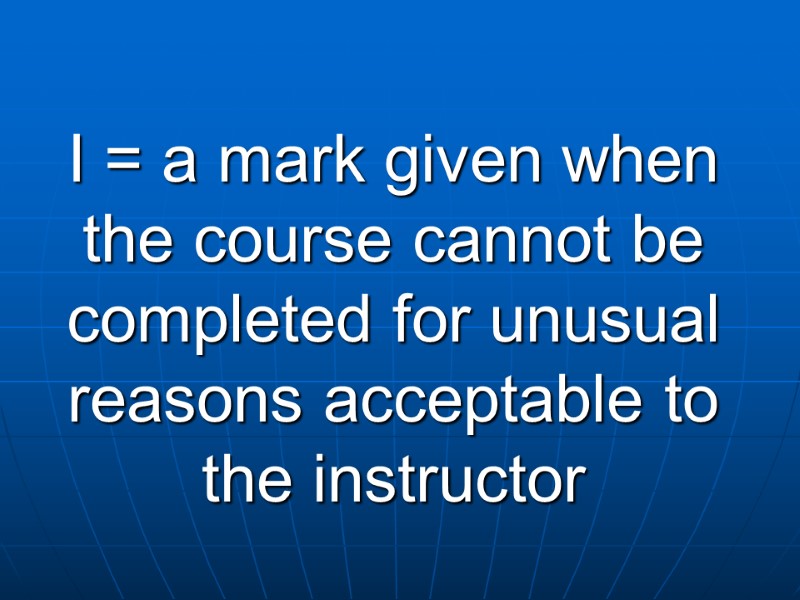
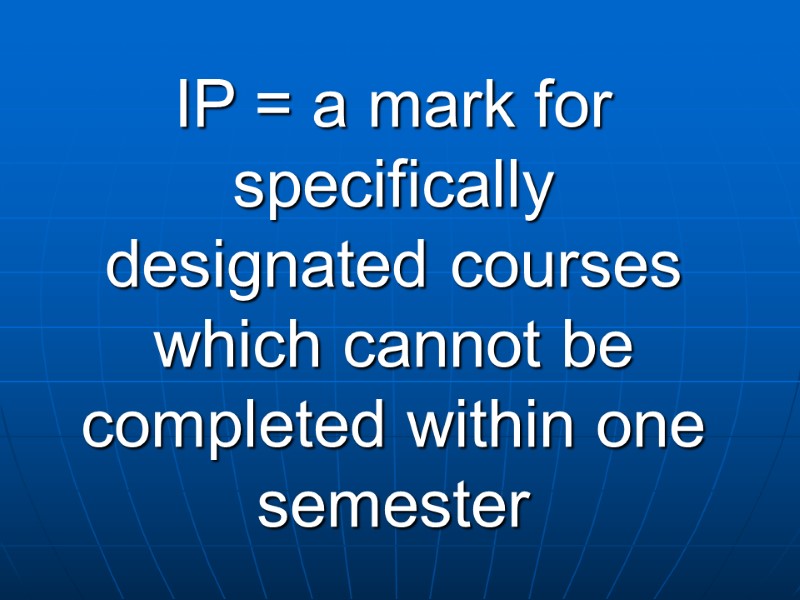
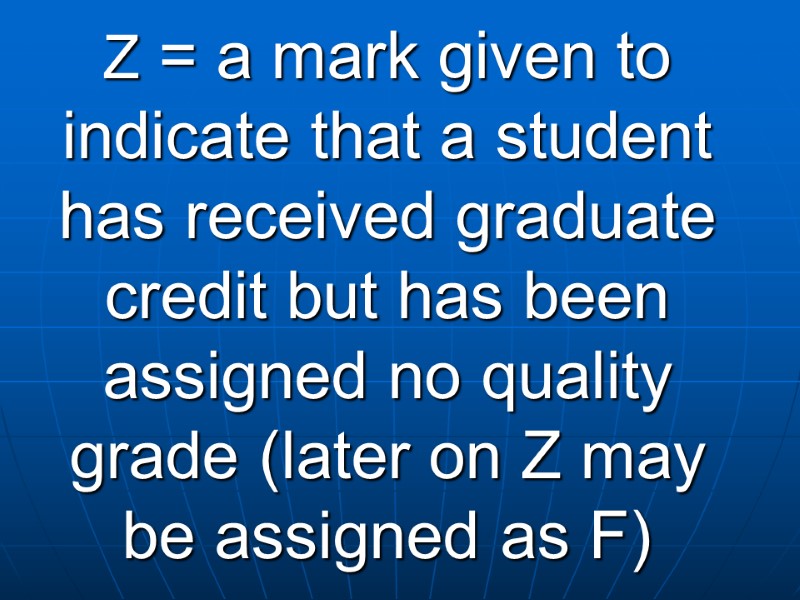
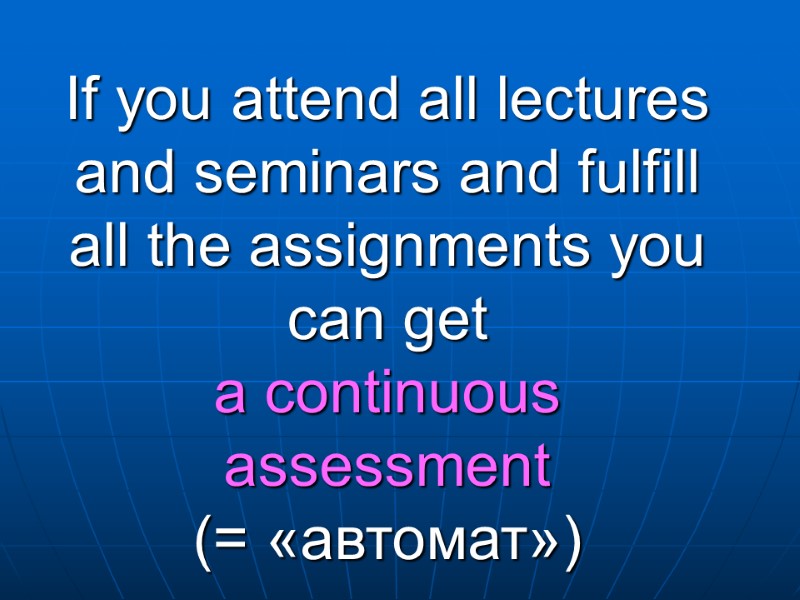
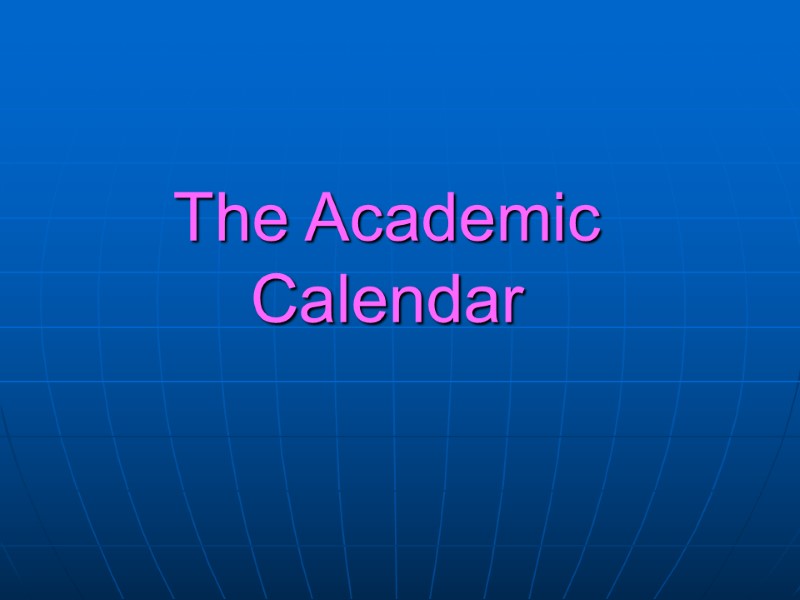
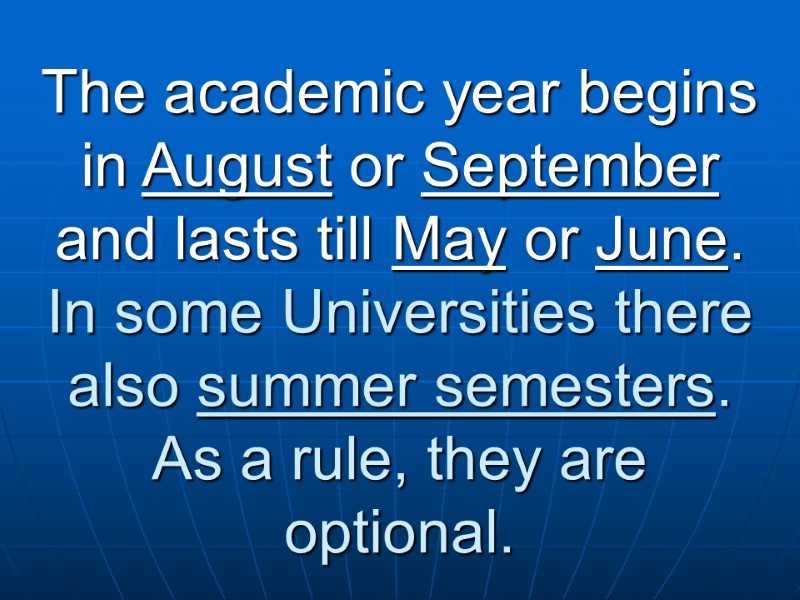

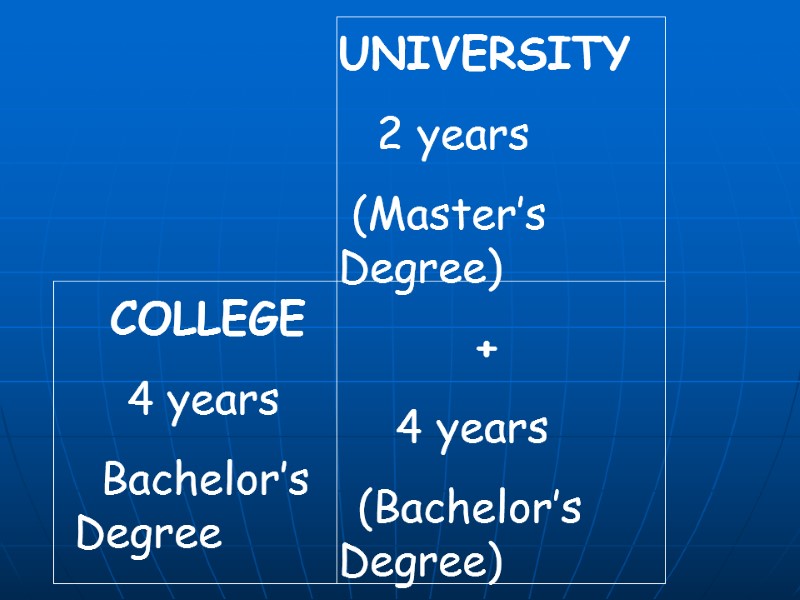
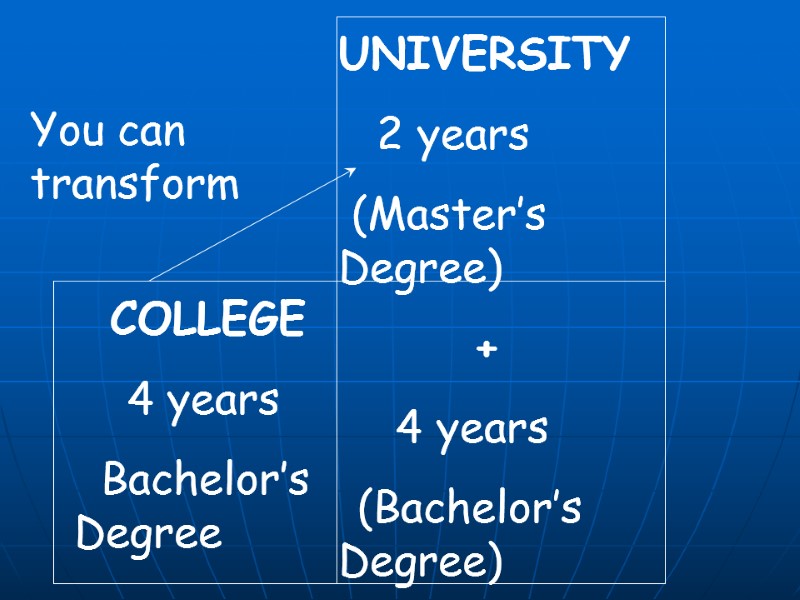
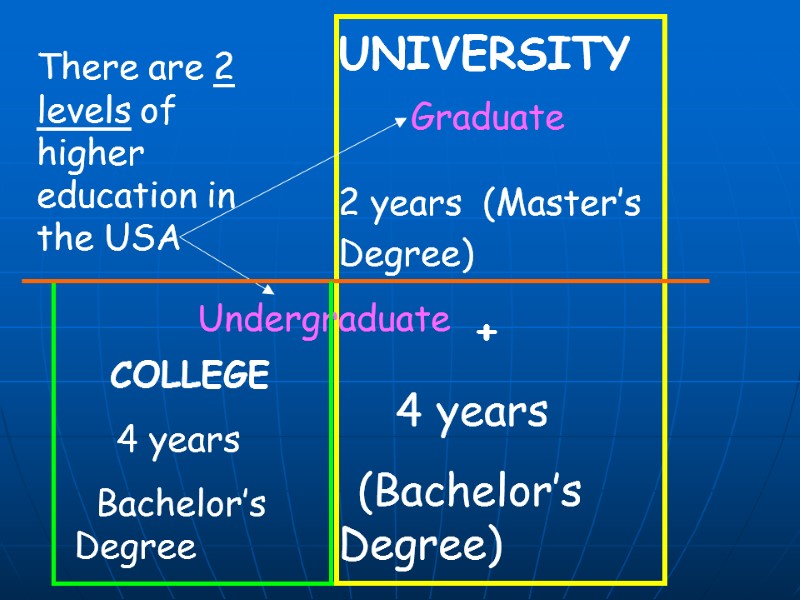

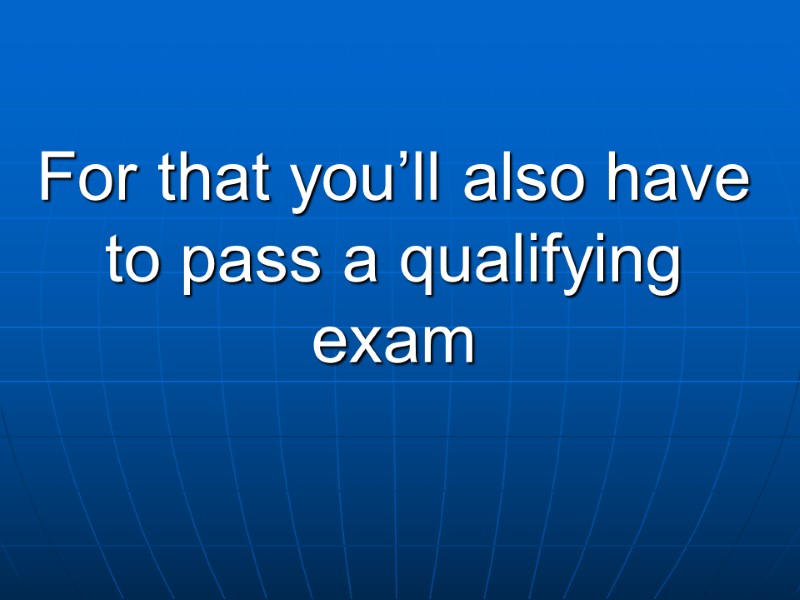
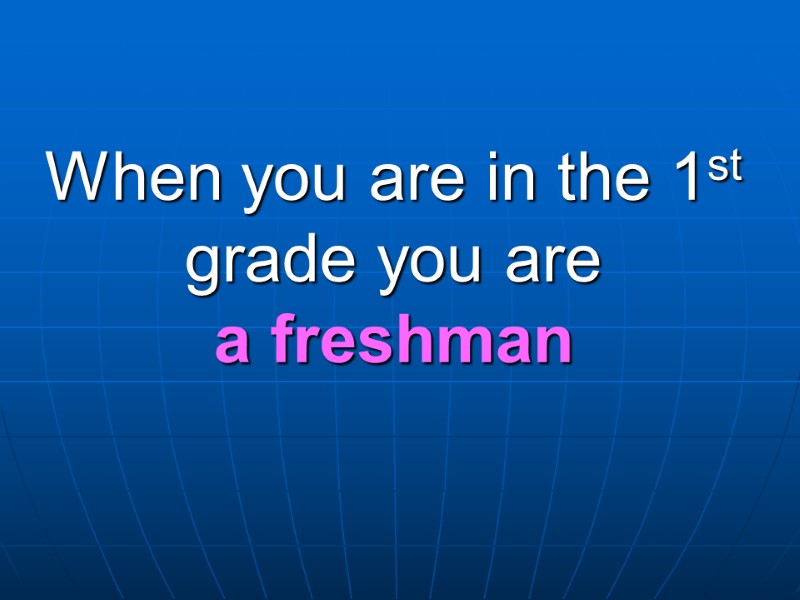





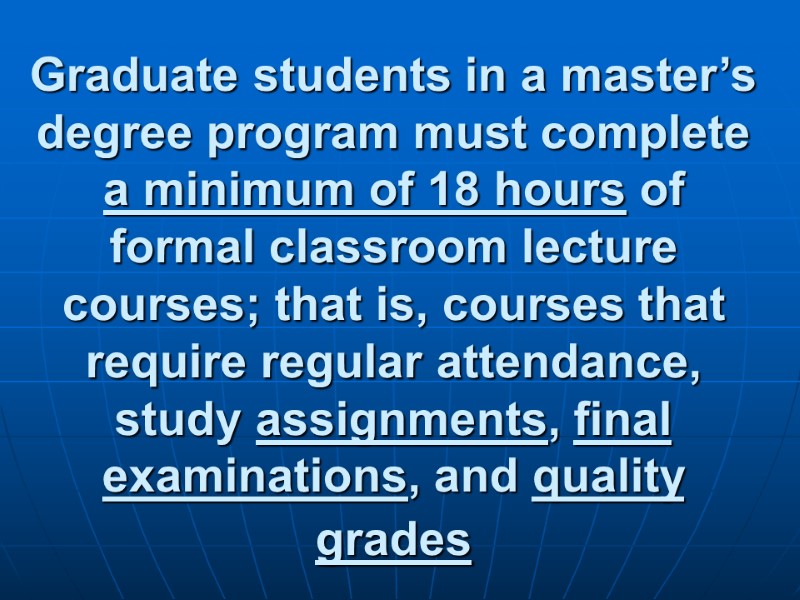
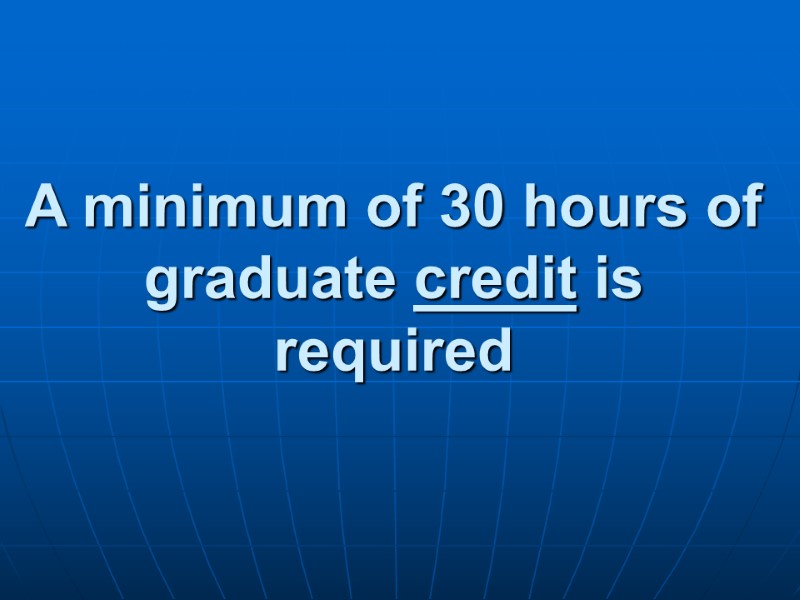
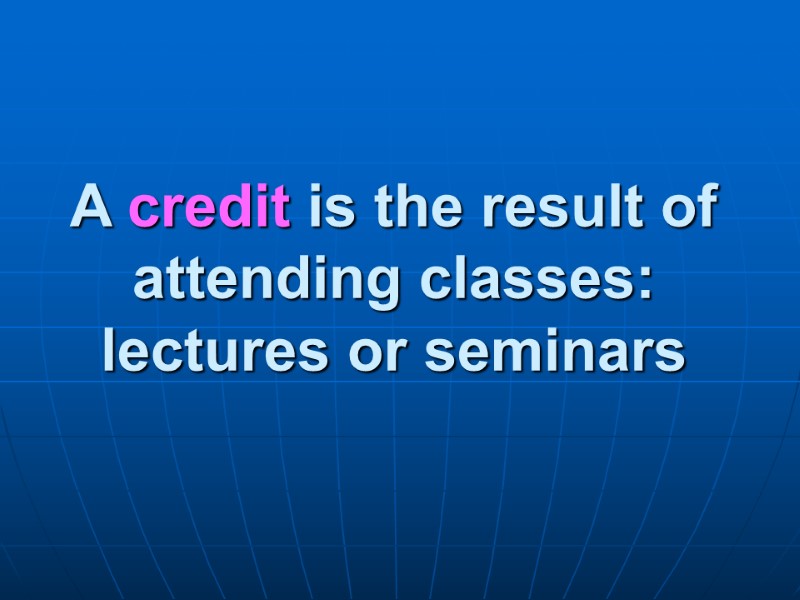
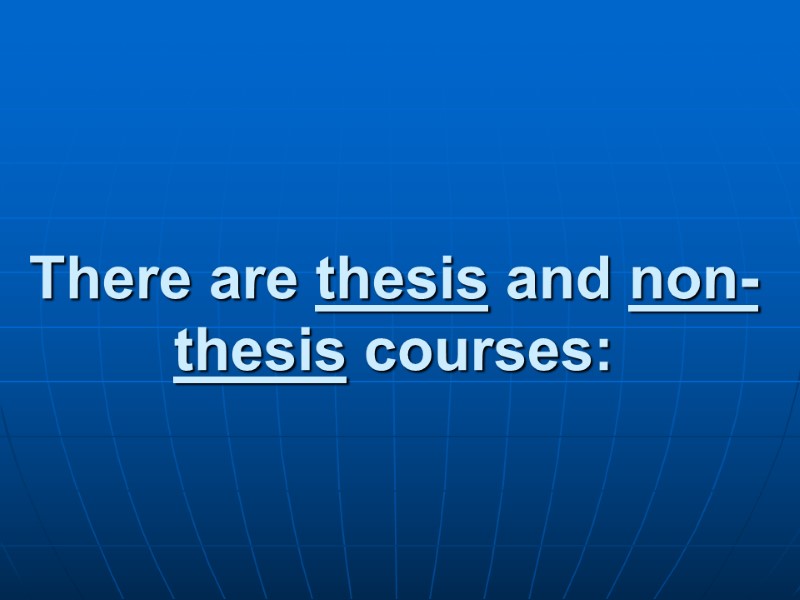
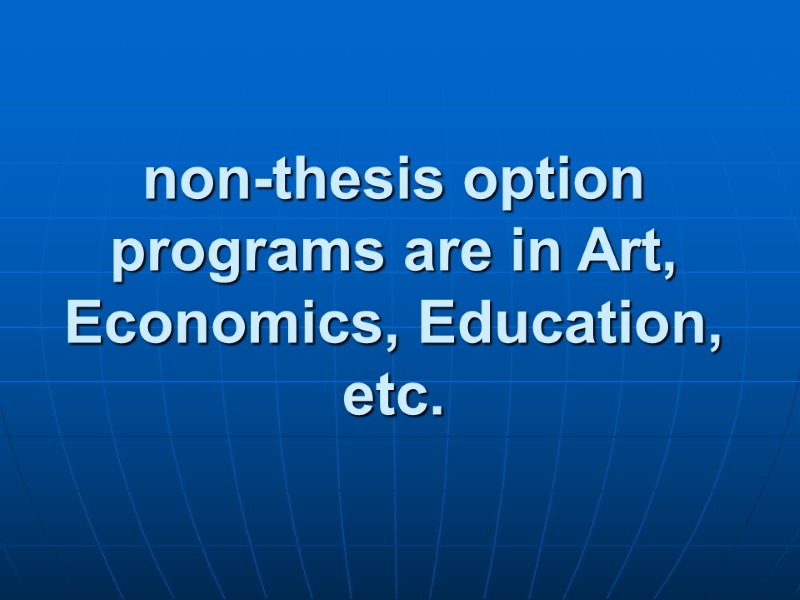
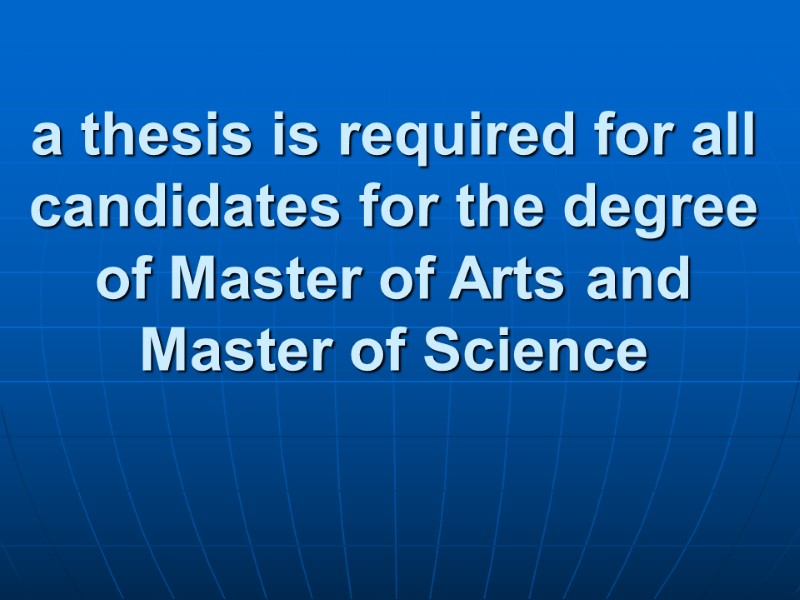
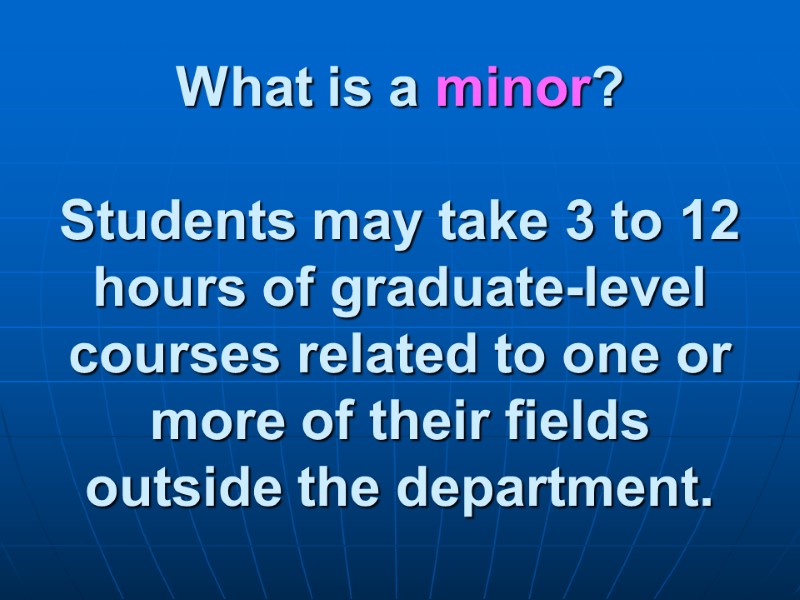
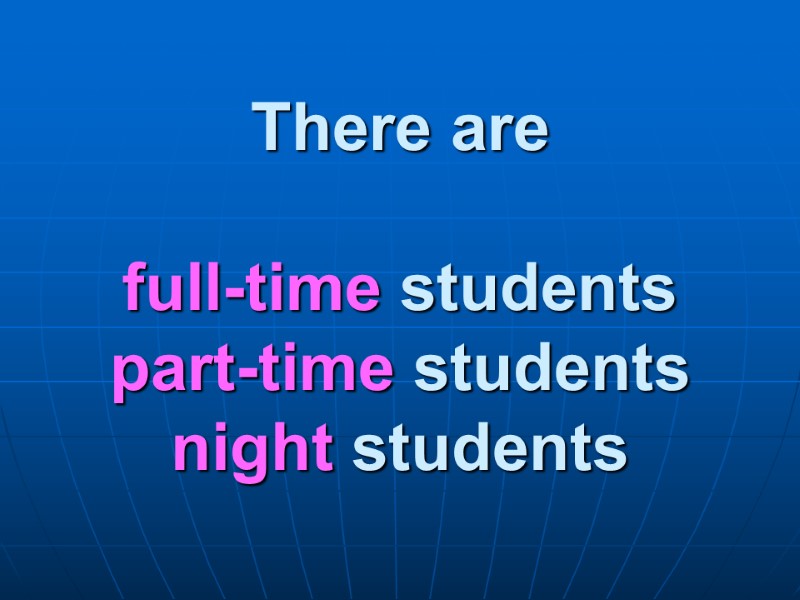
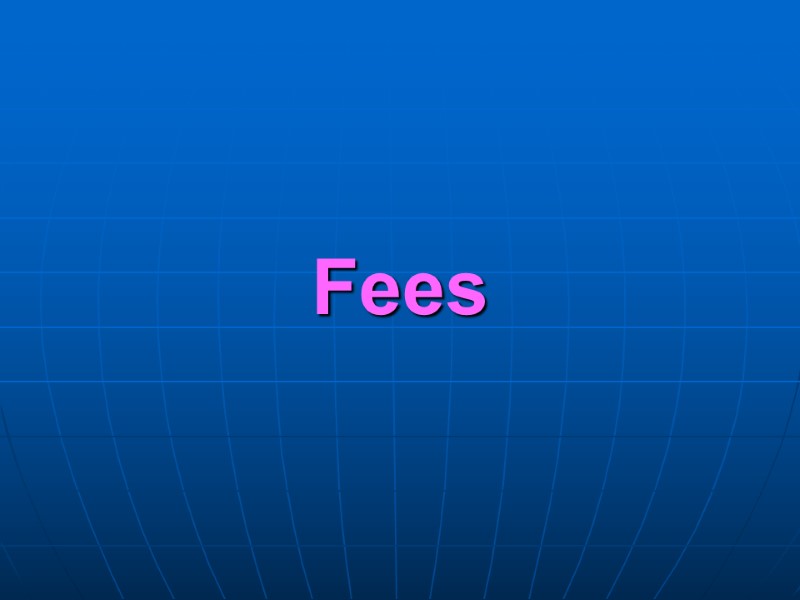

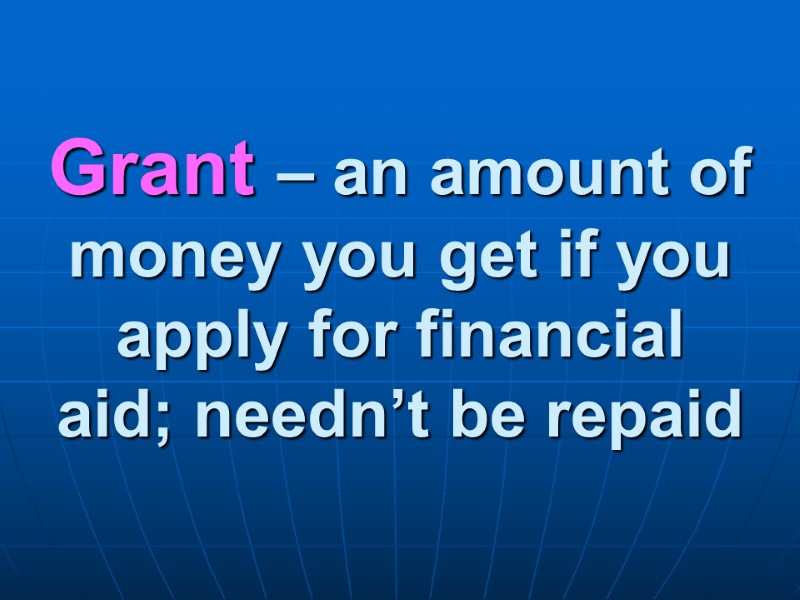

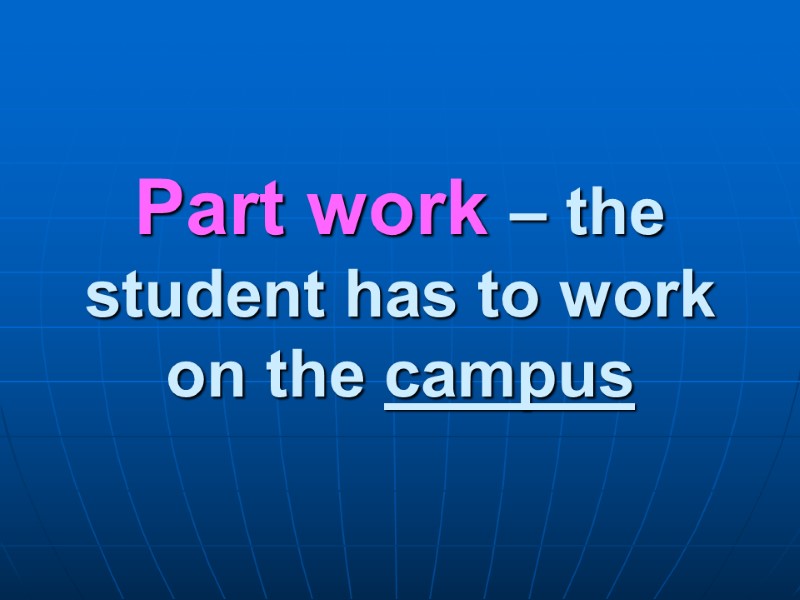
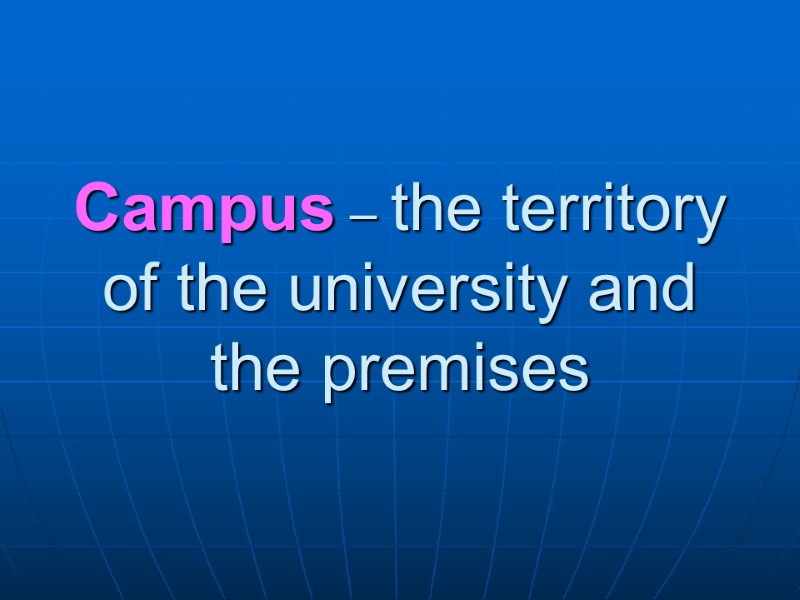

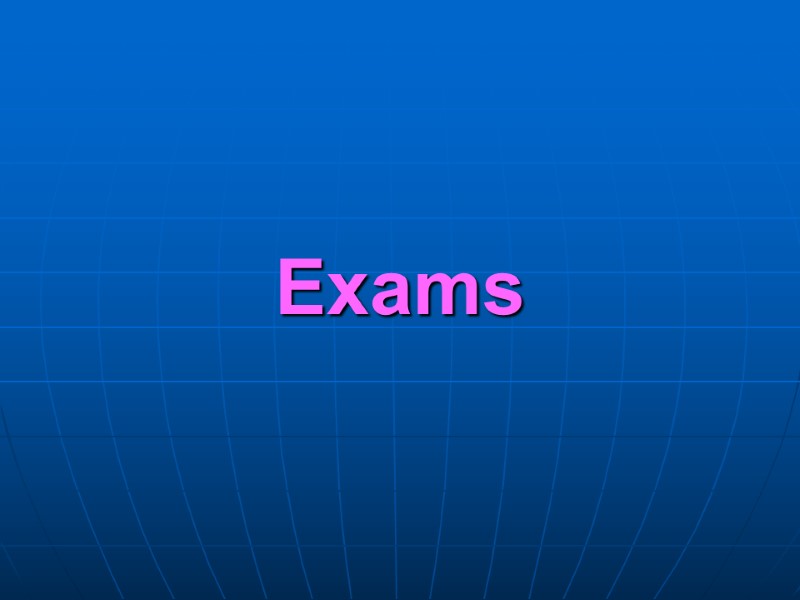
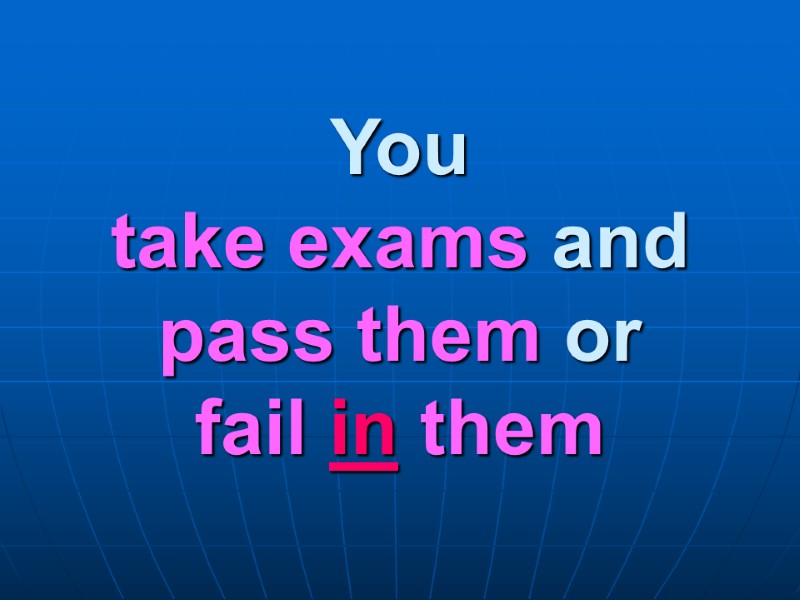
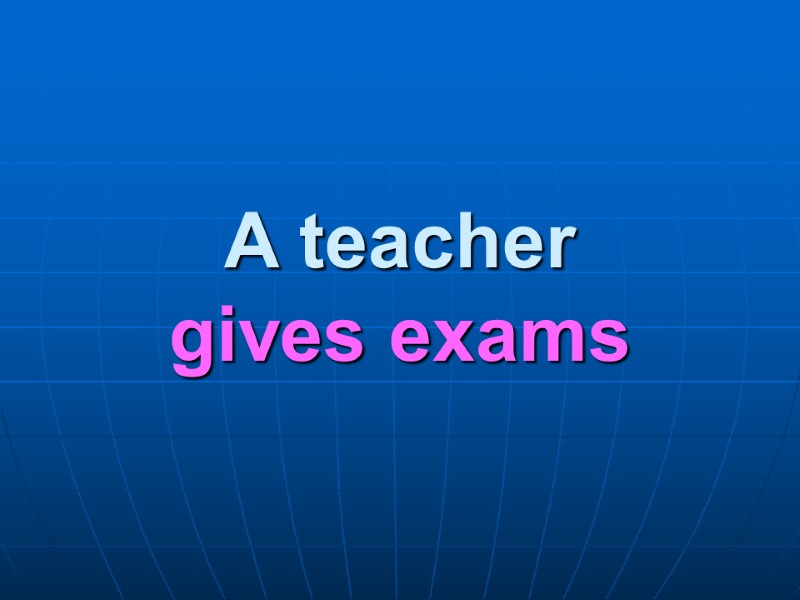



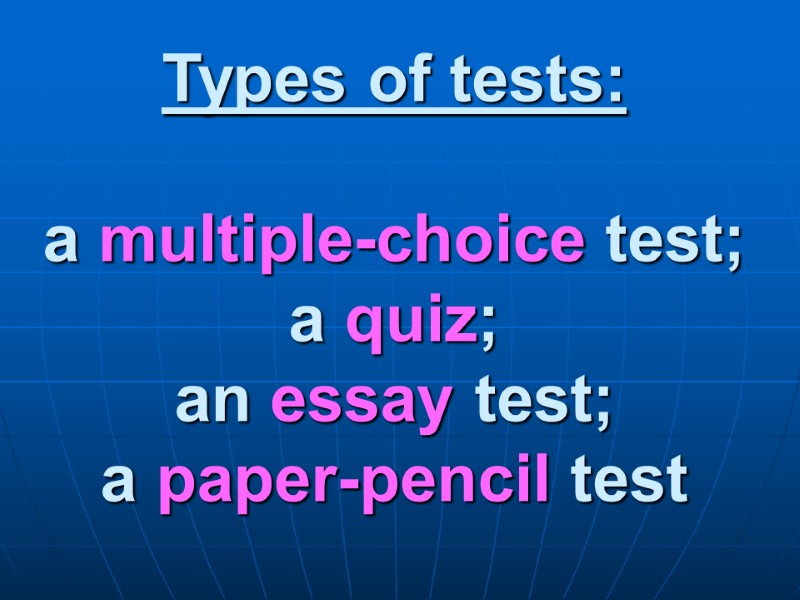
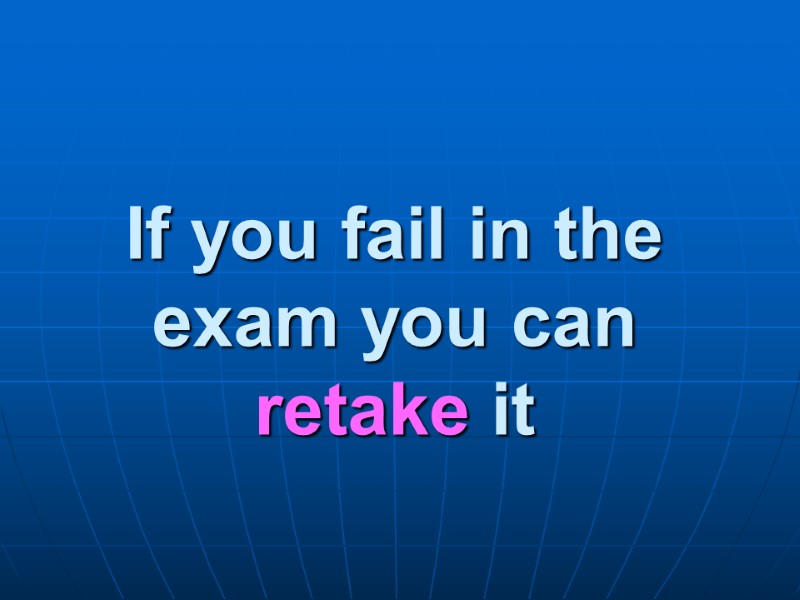
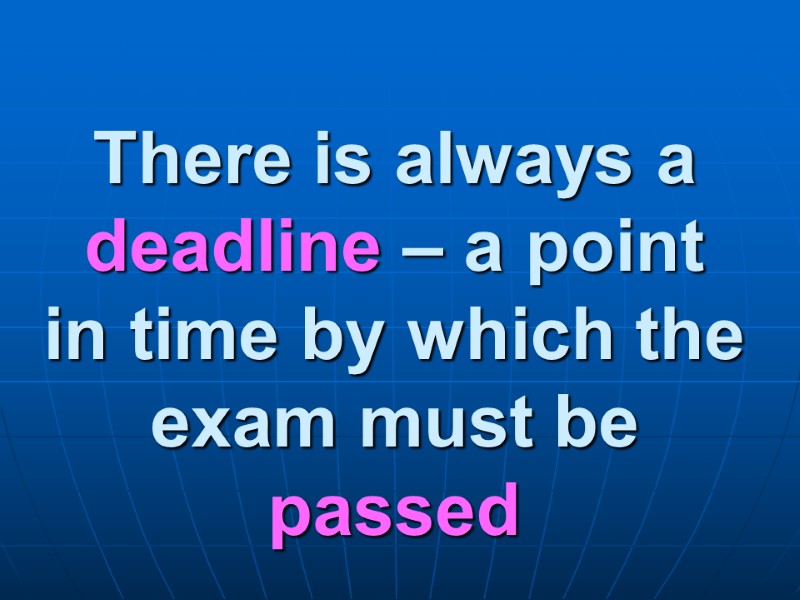
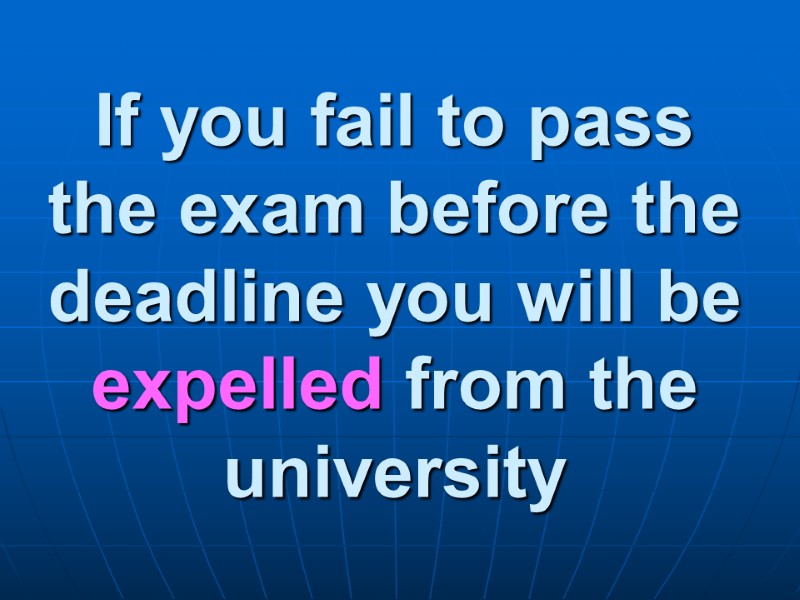
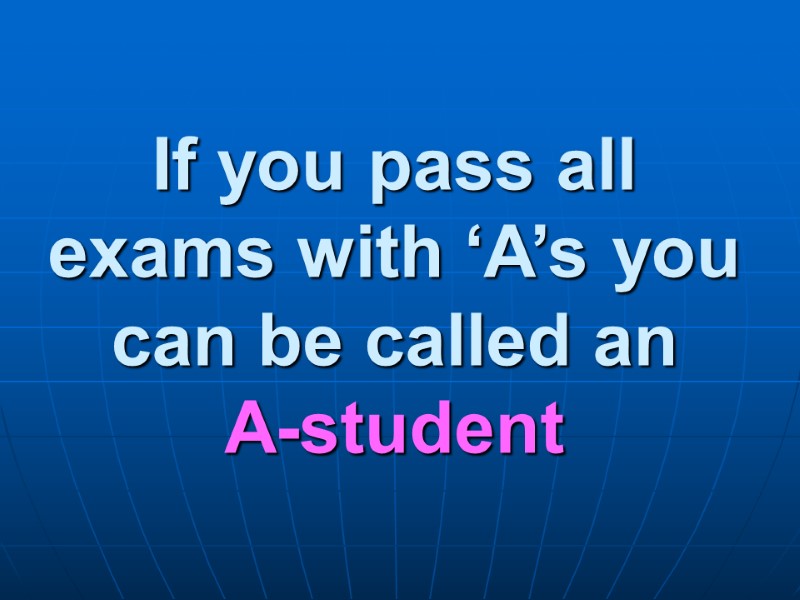


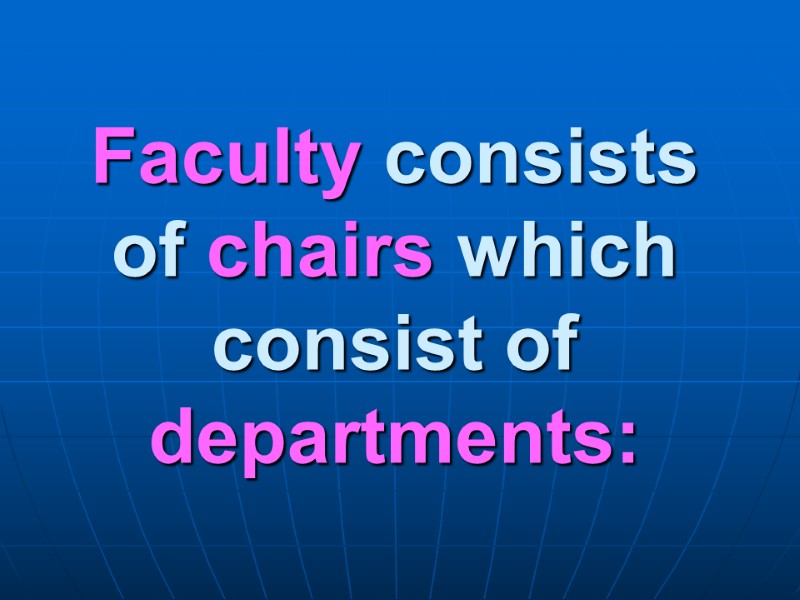
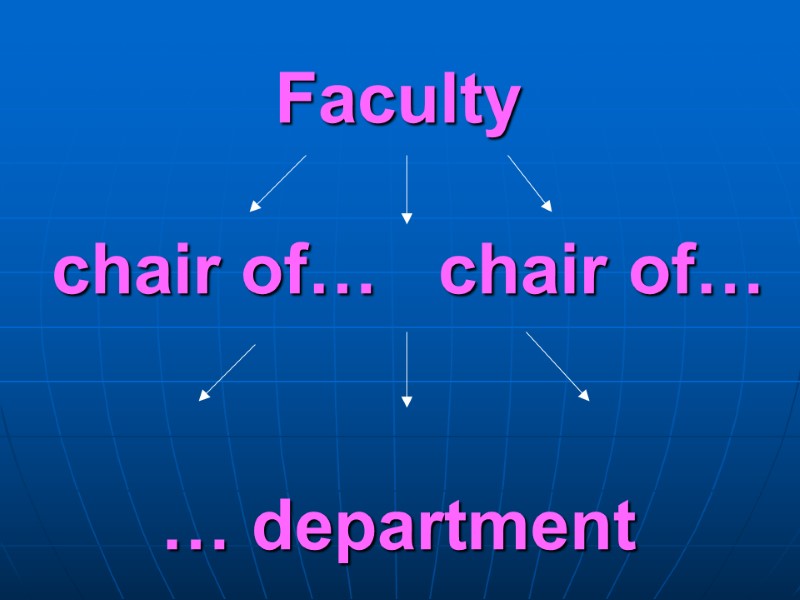

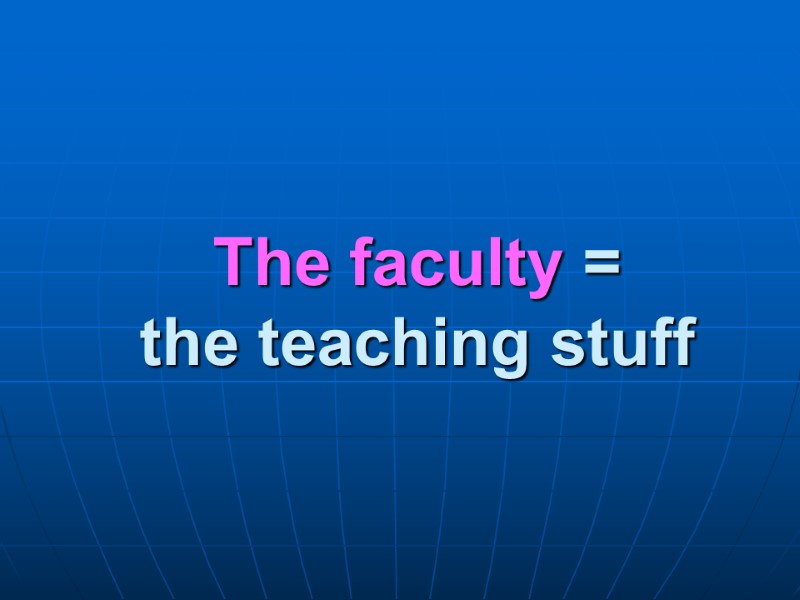
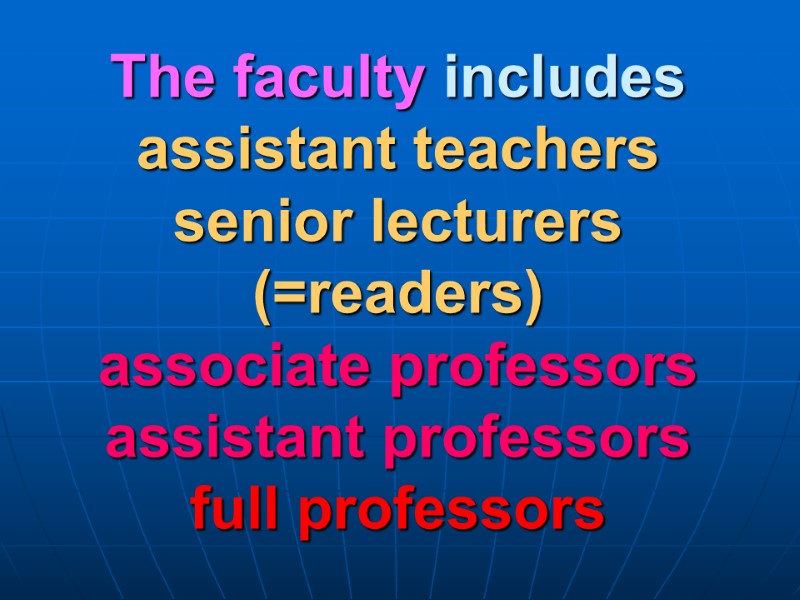




11536-higher_education_in_the_usa.ppt
- Количество слайдов: 85
 Higher Education in the USA 4th Grade
Higher Education in the USA 4th Grade
 When you leave school you become a school-leaver
When you leave school you become a school-leaver
 You can also say that you graduated school or graduated from school
You can also say that you graduated school or graduated from school
![>[ei] When you 'graduate school you become >[ei] When you 'graduate school you become](https://present5.com/presentacii-2/20171208\11536-higher_education_in_the_usa.ppt\11536-higher_education_in_the_usa_4.jpg) [ei] When you 'graduate school you become [*] a 'graduate * = нейтральный, «шуа»
[ei] When you 'graduate school you become [*] a 'graduate * = нейтральный, «шуа»
 You have got a certificate
You have got a certificate
 Now you’ve got to make up your mind what institution to enter
Now you’ve got to make up your mind what institution to enter
 Who can help you to make the right choice?
Who can help you to make the right choice?
 So, you decide to enter some institution
So, you decide to enter some institution
 You apply for admission and become an 'applicant
You apply for admission and become an 'applicant
 To apply for admission you need the following materials:
To apply for admission you need the following materials:
 1) a completed and signed form of application; 2) an official score from the standardized tests; 3) official transcripts from school or college you have graduated; 4) proof of immunization.
1) a completed and signed form of application; 2) an official score from the standardized tests; 3) official transcripts from school or college you have graduated; 4) proof of immunization.
 Sometimes students also need 5) letters of recommendation; 6) evidence of financial resources; 7) personal essay and 8) application fee
Sometimes students also need 5) letters of recommendation; 6) evidence of financial resources; 7) personal essay and 8) application fee
 A transcript is a document maintained by schools which summarize the courses taken and the grades obtained for each student. A copy of the transcript is submitted to college or university when a student applies for admission
A transcript is a document maintained by schools which summarize the courses taken and the grades obtained for each student. A copy of the transcript is submitted to college or university when a student applies for admission
 So, you are enrolled into the list of applicants
So, you are enrolled into the list of applicants
 Do you remember what exams you had to take to enter the university?
Do you remember what exams you had to take to enter the university?
 Do you want to know what exams you’d have to take and to pass in the USA?
Do you want to know what exams you’d have to take and to pass in the USA?
 First of all, TOEFL = Test of English as a Foreign Language
First of all, TOEFL = Test of English as a Foreign Language
 Only foreign students whose native language is not English have to pass TOEFL.
Only foreign students whose native language is not English have to pass TOEFL.
 Then, you also have to take ACT = American College Testing Program
Then, you also have to take ACT = American College Testing Program
 ACT is supposed to measure how well students have learned the core subjects
ACT is supposed to measure how well students have learned the core subjects
 SAT = Scholastic Aptitude Test
SAT = Scholastic Aptitude Test
 SAT Reasoning Test assesses how well students analyze and solve problems
SAT Reasoning Test assesses how well students analyze and solve problems
 SAT Subject Test is a multiple-choice test, measures student knowledge of particular subjects
SAT Subject Test is a multiple-choice test, measures student knowledge of particular subjects
 Sometimes GRE or GMAT are required
Sometimes GRE or GMAT are required
 GRE Test = Graduate Record Examination is required for students to enroll in master’s or doctoral programs
GRE Test = Graduate Record Examination is required for students to enroll in master’s or doctoral programs
 GMAT = Graduate Management Admission Test is designed for business schools
GMAT = Graduate Management Admission Test is designed for business schools
 The System of Grades (a grade AE = a mark BE)
The System of Grades (a grade AE = a mark BE)
 If it is a Pass/Fail test you will get P (Pass) or F (Fail)
If it is a Pass/Fail test you will get P (Pass) or F (Fail)
 Grades consist of letters: A = Excellent B = Good C = Satisfactory D = Poor E (or F) = Failure
Grades consist of letters: A = Excellent B = Good C = Satisfactory D = Poor E (or F) = Failure
 There are also W = a mark to indicate withdrawal from the course;
There are also W = a mark to indicate withdrawal from the course;
 I = a mark given when the course cannot be completed for unusual reasons acceptable to the instructor
I = a mark given when the course cannot be completed for unusual reasons acceptable to the instructor
 IP = a mark for specifically designated courses which cannot be completed within one semester
IP = a mark for specifically designated courses which cannot be completed within one semester
 Z = a mark given to indicate that a student has received graduate credit but has been assigned no quality grade (later on Z may be assigned as F)
Z = a mark given to indicate that a student has received graduate credit but has been assigned no quality grade (later on Z may be assigned as F)
 If you attend all lectures and seminars and fulfill all the assignments you can get a continuous assessment (= «автомат»)
If you attend all lectures and seminars and fulfill all the assignments you can get a continuous assessment (= «автомат»)
 The Academic Calendar
The Academic Calendar
 The academic year begins in August or September and lasts till May or June. In some Universities there also summer semesters. As a rule, they are optional.
The academic year begins in August or September and lasts till May or June. In some Universities there also summer semesters. As a rule, they are optional.
 The System of the Higher Education in the USA
The System of the Higher Education in the USA
 COLLEGE 4 years Bachelor’s Degree UNIVERSITY 2 years (Master’s Degree) + 4 years (Bachelor’s Degree)
COLLEGE 4 years Bachelor’s Degree UNIVERSITY 2 years (Master’s Degree) + 4 years (Bachelor’s Degree)
 COLLEGE 4 years Bachelor’s Degree UNIVERSITY 2 years (Master’s Degree) + 4 years (Bachelor’s Degree) You can transform
COLLEGE 4 years Bachelor’s Degree UNIVERSITY 2 years (Master’s Degree) + 4 years (Bachelor’s Degree) You can transform
 COLLEGE 4 years Bachelor’s Degree UNIVERSITY 2 years (Master’s Degree) + 4 years (Bachelor’s Degree) Undergraduate Graduate There are 2 levels of higher education in the USA
COLLEGE 4 years Bachelor’s Degree UNIVERSITY 2 years (Master’s Degree) + 4 years (Bachelor’s Degree) Undergraduate Graduate There are 2 levels of higher education in the USA
 You can continue your study and get a PhD Degree (Doctor of Philosophy). It usually requires 3 more years of study and a lengthy dissertation
You can continue your study and get a PhD Degree (Doctor of Philosophy). It usually requires 3 more years of study and a lengthy dissertation
 For that you’ll also have to pass a qualifying exam
For that you’ll also have to pass a qualifying exam
 When you are in the 1st grade you are a freshman
When you are in the 1st grade you are a freshman
 When you are in the 2nd grade you are a sophomore
When you are in the 2nd grade you are a sophomore
 When you are in the 1st, 2nd, 3d, and 4th grade you are a junior student
When you are in the 1st, 2nd, 3d, and 4th grade you are a junior student
 When you are in the 5th and 6th grade you are a senior student
When you are in the 5th and 6th grade you are a senior student
 When you are in the last grade and when you graduate from the university you are a graduate student
When you are in the last grade and when you graduate from the university you are a graduate student
 Master’s Degree
Master’s Degree
 Graduate students in a master’s degree program must complete a minimum of 18 hours of formal classroom lecture courses; that is, courses that require regular attendance, study assignments, final examinations, and quality grades
Graduate students in a master’s degree program must complete a minimum of 18 hours of formal classroom lecture courses; that is, courses that require regular attendance, study assignments, final examinations, and quality grades
 A minimum of 30 hours of graduate credit is required
A minimum of 30 hours of graduate credit is required
 A credit is the result of attending classes: lectures or seminars
A credit is the result of attending classes: lectures or seminars
 There are thesis and non-thesis courses:
There are thesis and non-thesis courses:
 non-thesis option programs are in Art, Economics, Education, etc.
non-thesis option programs are in Art, Economics, Education, etc.
 a thesis is required for all candidates for the degree of Master of Arts and Master of Science
a thesis is required for all candidates for the degree of Master of Arts and Master of Science
 What is a minor? Students may take 3 to 12 hours of graduate-level courses related to one or more of their fields outside the department.
What is a minor? Students may take 3 to 12 hours of graduate-level courses related to one or more of their fields outside the department.
 There are full-time students part-time students night students
There are full-time students part-time students night students
 Fees
Fees
 There are several ways to pay for the education:
There are several ways to pay for the education:
 Grant – an amount of money you get if you apply for financial aid; needn’t be repaid
Grant – an amount of money you get if you apply for financial aid; needn’t be repaid
 Loan – is to be repaid after study
Loan – is to be repaid after study
 Part work – the student has to work on the campus
Part work – the student has to work on the campus
 Campus – the territory of the university and the premises
Campus – the territory of the university and the premises
 More over you also have to pay housing fees
More over you also have to pay housing fees
 Exams
Exams
 You take exams and pass them or fail in them
You take exams and pass them or fail in them
 A teacher gives exams
A teacher gives exams
 You can flunk a course or a teacher can flunk you
You can flunk a course or a teacher can flunk you
 A teacher gives grades and you get grades
A teacher gives grades and you get grades
 Sometimes you take exams and sometimes – Pass/Fail tests
Sometimes you take exams and sometimes – Pass/Fail tests
 Types of tests: a multiple-choice test; a quiz; an essay test; a paper-pencil test
Types of tests: a multiple-choice test; a quiz; an essay test; a paper-pencil test
 If you fail in the exam you can retake it
If you fail in the exam you can retake it
 There is always a deadline – a point in time by which the exam must be passed
There is always a deadline – a point in time by which the exam must be passed
 If you fail to pass the exam before the deadline you will be expelled from the university
If you fail to pass the exam before the deadline you will be expelled from the university
 If you pass all exams with ‘A’s you can be called an A-student
If you pass all exams with ‘A’s you can be called an A-student
 You can also graduate with straight A
You can also graduate with straight A
 Faculty
Faculty
 Faculty consists of chairs which consist of departments:
Faculty consists of chairs which consist of departments:
 Faculty chair of… chair of… … department
Faculty chair of… chair of… … department
 E.g., Faculty of foreign languages chair of English chair of grammar chair of the 2nd foreign language English department German department French department
E.g., Faculty of foreign languages chair of English chair of grammar chair of the 2nd foreign language English department German department French department
 The faculty = the teaching stuff
The faculty = the teaching stuff
 The faculty includes assistant teachers senior lecturers (=readers) associate professors assistant professors full professors
The faculty includes assistant teachers senior lecturers (=readers) associate professors assistant professors full professors
 There are also people on a university stuff whose job is to help students in different fields. These are a tutor and a counselor
There are also people on a university stuff whose job is to help students in different fields. These are a tutor and a counselor
 a tutor is a teacher ready to answer all students’ questions connected with their study
a tutor is a teacher ready to answer all students’ questions connected with their study
 a counselor – a person providing counseling and consultation service to help in decisions regarding courses, majors, vocational plans, personal matters
a counselor – a person providing counseling and consultation service to help in decisions regarding courses, majors, vocational plans, personal matters
 a tutor is closer to Russian «научный руководитель» while a counselor - to Russian «куратор»
a tutor is closer to Russian «научный руководитель» while a counselor - to Russian «куратор»
